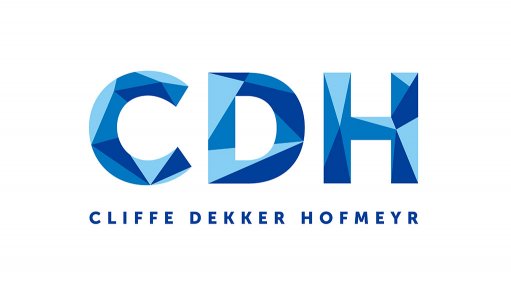
With revenue from voice services in decline, mobile network operators are increasingly reliant on data revenue to remain profitable. Mobile broadband spectrum is, however, a scarce resource. For this reason, the Competition Commission’s divergent recommendations in two recent large mergers involving access to the spectrum warrant closer scrutiny.
Vodacom/Neotel
At the end of June, the Commission recommended to the Competition Tribunal that the large merger whereby Vodacom Proprietary Limited (Vodacom) will acquire Neotel Proprietary Limited (Neotel) be approved, subject to conditions that address competition and public interest concerns.
Given Vodacom’s position as market leader, the Commission found that the acquisition of additional spectrum from Neotel would probably consolidate Vodacom’s dominant position and result in the lessening or prevention of competition in the mobile telecommunications market.
In order to address the Commission’s concerns, the parties agreed to the following structural and public interest conditions:
- a moratorium on the use of Neotel’s spectrum by Vodacom for a duration of up to 2 and a half years in order to allow policymakers to address South Africa’s spectrum issues;
- a commitment to spend R10 billion on fixed network, data and connectivity infrastructure within 5 years of the approval of the merger; and
- an obligation to significantly increase its BEE-shareholding.
In terms of the Competition Act, No 89 of 1998 the Commission’s recommendation is subject to the approval of the Tribunal, which may approve the merger subject to conditions, approve the merger unconditionally or prohibit the merger.
The Tribunal was due to hear the application to approve the merger from the end of November, with various stakeholders and competitors expected to participate in the proceedings to challenge the conditions. The hearing was, however, postponed to enable the merging parties to explore a revised transaction structure.
MTN/Telkom
In contrast, Mobile Telephone Networks Proprietary Limited (MTN), a subsidiary of MTN Group Limited, and Telkom SA SOC Limited (Telkom) decided to abandon a transaction whereby MTN would acquire certain of its competitor’s radio access network assets, after the Commission recommended the prohibition of the merger on competition grounds and public interest grounds.
As part of the transaction, MTN and Telkom would enter into a network management services and reciprocal roaming agreement, with each party able to roam on the other’s network. According to the Commission, this would have allowed MTN to access additional spectrum, a key requirement for its plan to roll out its next generation LTE network.
The Commission, however, argued that the transaction, while benefiting MTN by giving it unlimited access to Telkom’s mobile data capacity, would limit Telkom’s ability to grow and compete, given that the agreement would limit the spectrum available to it. According to the Commission, the smaller firms Telkom and Cell C typically drive competition in the mobile telecommunications market. However, the Commission decided that these smaller firms would in all likelihood be unable to act as competitive constraints to MTN by matching MTN’s product and service offerings were the transaction to be approved. The Commission also opined that the transaction would entrench a market structure with two dominant firms, to the detriment of the broader telecommunications industry and consumers.
Other factors that the Commission considered are MTN’s poor record of passing through benefits to consumers in the form of lower prices, South Africa’s relatively high telecommunications prices and objections received from competitors.
The Commission invited the parties to propose remedies to address the competition concerns, but, unlike in the Vodacom transaction, the parties were unable or unwilling to identify workable remedies to the Commission’s satisfaction. As a result, the parties abandoned the transaction 16 months after notifying the Commission, rather than challenge the Commission’s recommendation before the Tribunal.
Written by George Miller, Associate, Competition, Cliffe Dekker Hofmeyr